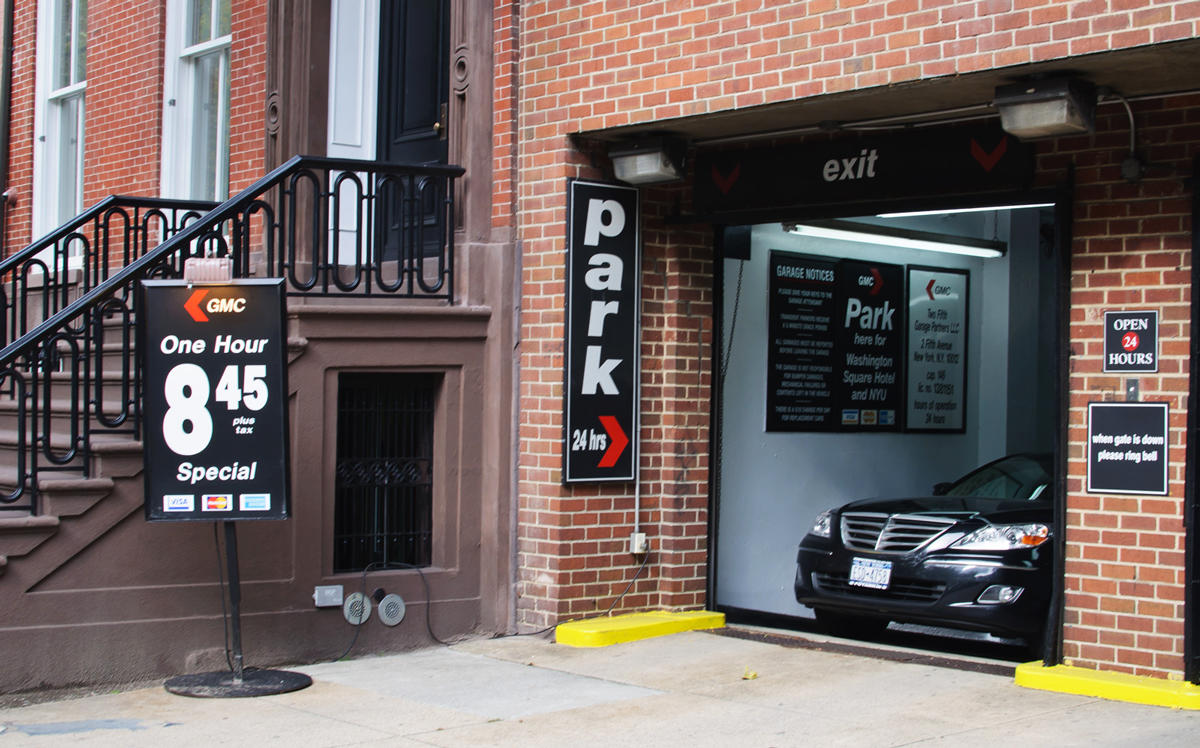Trending
Boston to eliminate parking requirements to spur below-market residential development
Mayor says removing car storage areas will create more room for living spaces

The city of Boston is eliminating minimum parking requirements for some affordable housing developments in a move the mayor there says will make it easier for developers to build below-market housing in the mass-transit-rich, affordable-homes-poor metropolis.
“This action will help take down barriers to the creation of new affordable housing across the city,” said Mayor Michelle Wu. “We need every tool in our toolbox to address our city’s housing crisis. Eliminating parking minimums removes an outdated standard from our zoning code and will spur new housing to make it easier for Bostonians to live and stay in our city.”
The rules change was signed into law late last month.
The new rules, which were unanimously approved by the Boston City Council back in October, will allow project developers to determine how much off-street parking is required based on new residents’ needs. It will only go into effect for developments in areas where at least 60 percent of the units are reserved for those making 100 percent of the area median income or below.
In the past, the city relied on a formula to determine how many parking spaces were required for developments, and critics claimed such mathematical gymnastics led to too many parking spaces and too few housing spaces.
“We know that every unit lost due to delay or the cost of unnecessary, mandated parking is a lost housing opportunity for someone who badly needs it,” said Boston City Councilor Kenzie Bok. “This zoning amendment allows the city and our partners to put homes for people first and remove parking minimums that don’t reflect our current needs.”
Safe-and-walkable city street advocates have long claimed that parking requirements in new developments not only lead to less affordable housing and higher construction costs, but also cause more pollution and more congestion.
“Parking minimums lock us into auto-dependency [and] the climate crisis demands we move to greener transportation methods,” Will Thomas, the executive director of the pro-housing organization Open New York, told the website Streetsblog back in August. “Abolishing parking minimums at this time seems like a no-brainer.”
Other cities such as Los Angeles have already moved away from parking requirements in hopes of cramming more living spaces into its downtown area.




